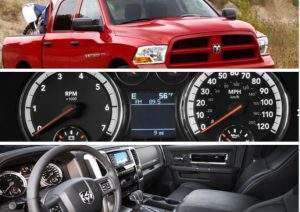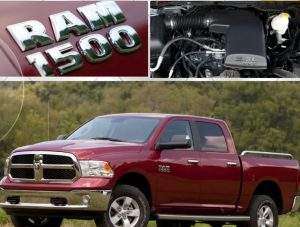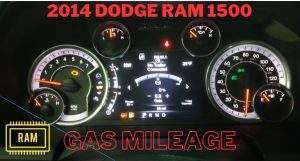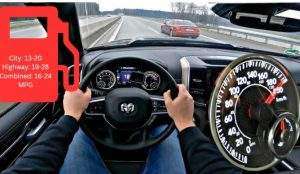When it comes to owning a car, gas mileage is a crucial factor that can significantly impact your budget. If you own a Ford Escape and notice that your gas mileage has decreased, it’s important to investigate the underlying cause.
In this article, we will explore the common reasons why your Ford Escape is getting bad gas mileage and provide some tips on how to improve it.
Understanding Gas Mileage
Before we delve into the reasons for bad gas mileage, it’s important to understand what gas mileage is and how it’s calculated. Gas mileage refers to the distance your vehicle can travel on a gallon of gasoline.
The calculation is based on the number of miles traveled divided by the number of gallons of gas used.
Reasons for Bad Gas Mileage
There are several factors that can contribute to bad gas mileage in your Ford Escape. Here are some of the most common ones:
1. Poor Driving Habits
Your driving habits can have a significant impact on your gas mileage. If you’re constantly speeding, accelerating rapidly, and braking abruptly, you’re likely using more gas than necessary.
These habits can cause your engine to work harder and burn more fuel, which can decrease your gas mileage.
2. Underinflated Tires
If your Ford Escape’s tires are underinflated, it can cause increased rolling resistance, which can decrease your gas mileage. Check your tires regularly and make sure they are inflated to the recommended pressure levels.
3. Dirty Air Filter
A dirty air filter can restrict the flow of air to the engine, causing it to work harder and use more gas. Make sure to replace your air filter regularly to keep your engine running efficiently.
4. Fuel System Problems
If your Ford Escape’s fuel system is experiencing issues such as a clogged fuel injector or a malfunctioning oxygen sensor, it can cause your engine to use more gas than necessary.
Make sure to have your fuel system inspected by a qualified mechanic to ensure it’s functioning properly.
5. Improperly Sized Tires
If your Ford Escape’s tires are too big or too small, it can cause your engine to work harder and use more gas. Make sure to use tires that are properly sized for your vehicle.
6. Aerodynamic Drag
If you’re driving with your windows down or a roof rack attached to your vehicle, it can cause increased aerodynamic drag, which can decrease your gas mileage. Remove any unnecessary accessories and keep your windows closed while driving.
Tips to Improve Gas Mileage
Here are some tips that can help improve your Ford Escape’s gas mileage:
1. Drive Smarter
Be mindful of your driving habits and try to drive more efficiently. Avoid rapid acceleration and braking, and try to maintain a consistent speed while driving.
2. Inflate Your Tires
Check your tires regularly and make sure they are inflated to the recommended pressure levels.
3. Replace Your Air Filter
Make sure to replace your air filter regularly to ensure your engine is running efficiently.
4. Maintain Your Vehicle
Regular maintenance such as oil changes, tire rotations, and tune-ups can help keep your engine running efficiently.
5. Use the Recommended Fuel Type
Make sure to use the recommended fuel type for your Ford Escape. Using a lower grade fuel can cause your engine to work harder and use more gas.
Conclusion
If you’re experiencing bad gas mileage in your Ford Escape, there are several factors that could be contributing to the issue.
By understanding the common causes and following the tips outlined in this article, you can help improve your vehicle’s gas mileage and save money in the long run.
FAQs
1. How often should I replace my air filter?
It’s generally recommended to replace your air filter every 12,000 to 15,000 miles or at least once a year. However, if you drive in dusty or dirty conditions, you may need to replace it more frequently.
2. Can bad gas affect my Ford Escape’s gas mileage?
Yes, bad gas can affect your vehicle’s gas mileage. If you suspect that your gas may be contaminated, it’s important to have it drained and replaced with fresh fuel.
3. Can low tire pressure affect my Ford Escape’s gas mileage?
Yes, low tire pressure can cause increased rolling resistance, which can decrease your gas mileage. Make sure to check your tire pressure regularly and keep them inflated to the recommended levels.
4. Can a faulty spark plug cause bad gas mileage?
Yes, a faulty spark plug can cause your engine to misfire, which can decrease your gas mileage. If you suspect that your spark plugs may be faulty, have them inspected and replaced if necessary.
5. Is it normal for my Ford Escape’s gas mileage to decrease over time?
It’s normal for your vehicle’s gas mileage to decrease over time as it gets older and accumulates more miles. However, if you notice a sudden decrease in gas mileage, it’s important to investigate the underlying cause.




